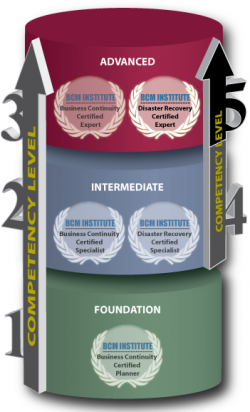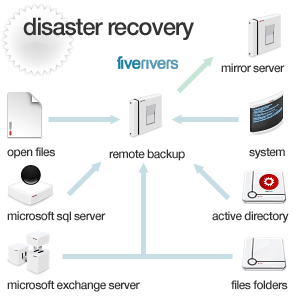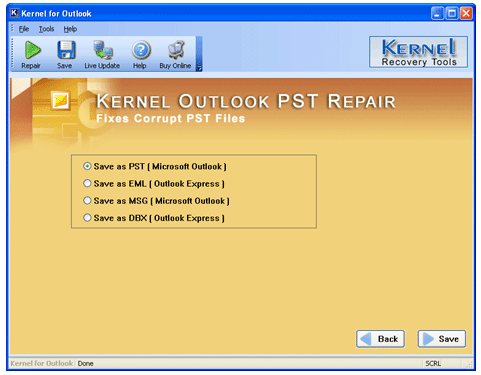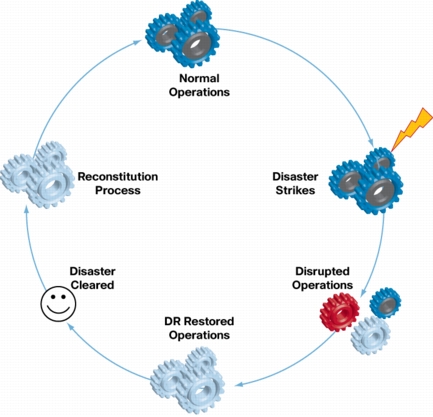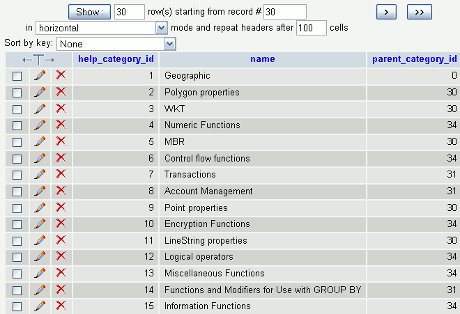11
2012
High Availability Architecture
High availability networks are complex and costly systems to rollout with long planning timeframes and high expectations from users that the system will perform. To choose the correct hardware and software and the optimum network design IT administrators and their staff invest a considerable amount of time in analysis of corporate needs. Network architecture that is rated high availability needs to perform to very strict standards of uptime. Redundancy rather than being a stated goal becomes a necessary component of high availability networks, inherent in […]
11
2012
High Availability Solutions
High availability is no longer a luxury beyond the affordability of most corporations, in the 21st century it is now considered a requirement for almost all businesses regardless of industry and solutions are actively sought. Quite simply, a computer or server that fails might very well prevent the business from operating, and in today’s online world that may equate to significant lost revenue. Within select industries such as government, financial services, legal, or health and hospitals, downtime is simply not acceptable. High availability of service […]
11
2012
How to Get Disaster Recovery Certification
Disaster recovery certification for IT professionals is becoming a necessary pre-requisite for anyone involved in business continuity planning, which has taken on added importance since the unfortunate events of September 11th in New York. In the past, IT professionals would plan for major systems faults, but now planning for entire data center destruction is necessary. Business continuity is taken seriously by management in most major corporations, and IT staff with disaster recovery certification are in demand, so much so, that salary and benefits are presently […]
8
2012
Disaster Recovery Solutions
When disaster strikes your IT infrastructure or network, having quick access to disaster recovery solutions is paramount if the system to is to be restored to full service. Whether they are in-house or outsourced, the solutions called for in the disaster recovery plan need to be available in a timely and reliable fashion. Disasters are by their nature unpredictable, difficult to anticipate, and usually very inconvenient to users of the system. Little can be done to prevent many disasters, especially natural, but even man made […]
7
2012
Disaster Recovery Software Options
Catastrophic data loss is any IT administrator’s worst nightmare and disasters can strike at any time. Evaluating the available disaster recovery software options as part of the organizational disaster planning is often overlooked in favor of adopting known packages that may not in fact be the best choice. Disaster recovery software covers a range of niches, from backup and recovery, to mirroring, network monitoring, data salvaging from corrupt disks and more, so there certainly are enough options available for protecting the corporation’s critical data. Software […]
4
2012
Disaster Recovery Best Practices
Disasters occur, and very rarely according to anticipated schedules. Given the overwhelming reliance on IT in most organizations a disaster has the potential to force out of business the unprepared making disaster recovery and adherence to best practices vitally important. Any organization without a disaster recovery plan is courting fate and is unlikely to survive. Disaster recovery in an IT context is not the same as high availability and the two should not be confused, yet in many organizations this is the case. High availability […]
3
2012
What is a DBA or Database Administrator?
Briefly, a database is your collection or data stored in your computer. It is your organized filing system on your computer system which helps you keep track of everything and manages all your information or documents in a way that will be easy to access and manipulate every time. Your database management system dictates just how effective or ineffective the system actually is, and it will likewise determine whether your data storage program is working for you or against you. In order to come up […]
2
2012
Disaster Recovery and Business Continuity Auditing
Between forty and sixty percent of all businesses that suffer a business threatening disaster fail in the next five years so disaster planning is not taken lightly by stockholders, or regulatory authorities. Conducting an audit of the disaster recovery plan will immediately make obvious any discrepancy that would affect business continuity Disasters occur all the time, and are rarely anticipated. Many IT administrators and organizations plan for hardware failure in their networks or attacks from hackers and viruses, and understandably many will have no plans […]
30
2012
Data Integration Tools
Data integration is the process by which data and information from disparate and often incompatible sources is brought together by transforming the data into a single unified view, usually within a new application that offers additional reporting designed for users outside of the usual user base of the source data. Data integration also goes under the name Enterprise Information Integration (EII). The process of data integration is complex and over time has evolved into very sophisticated tools available as standalone software from third party vendors, […]
28
2012
What is a Database Table?
Databases are normally used to store information in a tabular form. It is almost the same as the spreadsheets found in Excel, but it is only there that their similarities end. Databases can be easily manipulated and accessed, unlike Excel’s spreadsheets. You can also link your databases with other software. Databases represent a more systematic storage since all information is arranged into tables. This way, any information stored is already placed in its own storage, thus, giving you an easy access to it. Another advantage […]
Advertisements
Recent Posts
- What is a Disaster Recovery Data Center
- What is a Relational Database?
- What is a Flat File Database?
- What is a DSN or Database Source Name?
- What is a Disaster Recovery Plan?
- What is an Open Source Database?
- What is Disaster Recovery?
- What is a Database Cluster?
- What are Database Servers?
- What are Database Forms?

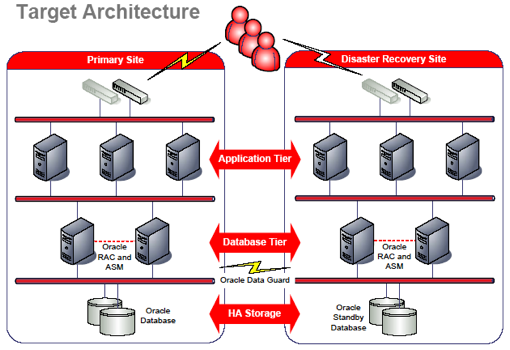
 An article by
An article by 

